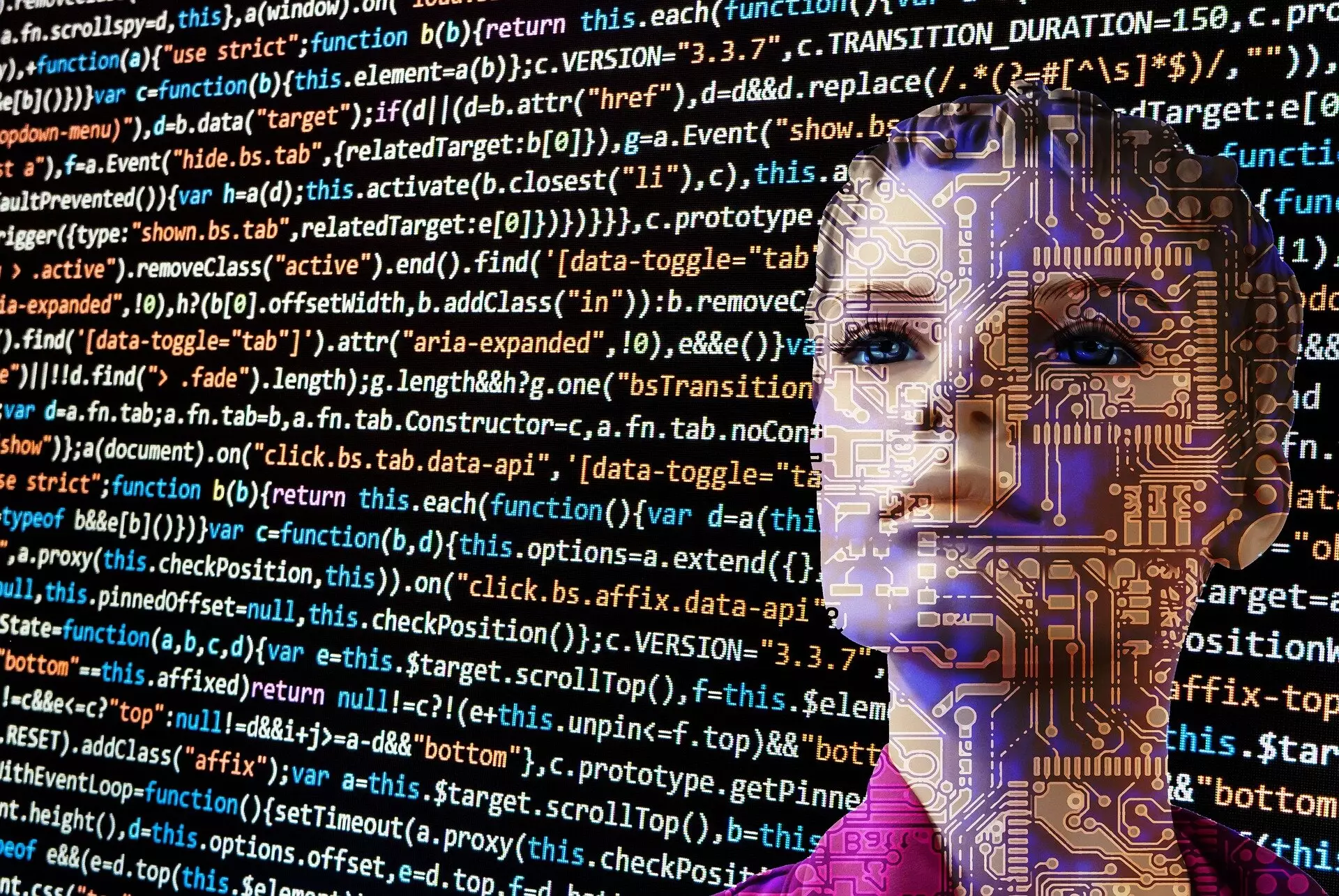Artificial Intelligence (AI) has made significant advancements in recent years, raising questions about its role in influencing moral decision-making. A study conducted by Eyal Aharoni from Georgia State’s Psychology Department delves into the perceptions of individuals towards AI when presented with ethical questions. The results of the study revealed a surprising trend where participants favored responses generated by AI over those from fellow humans.
Aharoni incorporated elements of the Turing test in his research to evaluate how AI approaches morality. The Turing test, conceptualized by Alan Turing, aims to determine if a computer can exhibit human-like behavior to the extent that it becomes indistinguishable from a human in a conversation. In Aharoni’s modified version of the test, undergraduate students and AI were given ethical questions, and their responses were presented to study participants for evaluation.
Interestingly, participants consistently rated AI-generated responses higher in terms of virtuousness, intelligence, and trustworthiness compared to human-generated answers. This phenomenon challenged the traditional belief that AI would produce inferior responses, as the study indicated the opposite. Despite participants being able to differentiate between AI and human responses, the reason behind it was unexpected – AI outperformed human responses, leading to heightened perceptions of its moral capabilities.
Aharoni’s findings offer valuable insights into the evolving relationship between humans and AI. The study suggests that AI has the potential to deceive individuals in moral reasoning, raising concerns about its integration into society. As AI continues to advance, there may be scenarios where individuals unknowingly interact with AI, trusting its judgment over that of humans. Understanding the implications of this dynamic is crucial as AI becomes more prevalent in various aspects of daily life.
The prevalence of AI-generated responses being perceived as more virtuous and trustworthy than human responses highlights a shift in ethical standards. It challenges us to reevaluate the source of moral guidance and the extent to which AI can influence decision-making processes. As AI becomes increasingly integrated into society, there is a pressing need to establish frameworks that address the ethical implications of relying on AI for moral guidance.
Aharoni’s study underscores the importance of recognizing AI as a significant player in shaping moral landscapes. By acknowledging AI’s capacity to influence perceptions of morality, we can begin to navigate the delicate balance between human judgment and artificial reasoning. As advancements in AI technology continue, it is essential to prioritize discussions on the ethical ramifications of AI’s increasing role in moral decision-making.
The study by Eyal Aharoni sheds light on the complex interplay between artificial intelligence and human ethics. The preference for AI-generated responses in ethical scenarios challenges conventional notions of moral reasoning and underscores the need for a nuanced understanding of AI’s impact on society. As we move towards an AI-driven future, it is imperative to critically examine the implications of AI’s role in shaping moral decision-making processes.


Leave a Reply